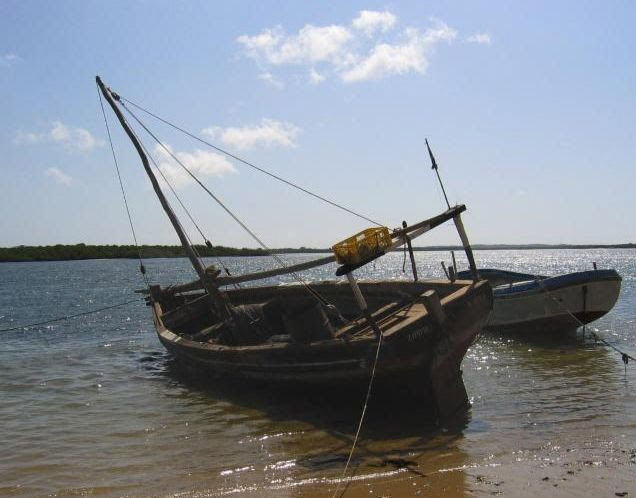Lamu, Kenya: Big Victory Keeping Coal in the Ground

We are thrilled to announce a major victory for communities and the global climate!
Kenya’s National Environmental Tribunal revoked the license for a Chinese-backed coal-fired power plant, proposed for a UNESCO World Heritage site in Lamu, Kenya.
The ruling cited environmental concerns, a faulty environmental impact assessment (EIA), and lack of public participation in the decision making.
“Coal is a dirty, outdated fuel that threatens community health and destroys the climate,” says ELAW Staff Attorney Jennifer Gleason. “Corporations and governments want to build and expand coal-fired power plants, but citizens want clean air and a healthy climate. Renewable energy is cheaper and cleaner, and citizens’ voices are prevailing.”
ELAW partners at the Katiba Institute appealed the decision before the five-member Tribunal, representing Save Lamu and working closely with Natural Justice, deCOALonize, and others.
ELAW Staff Scientist Dr. Mark Chernaik and Ernie Niemi, an economist from Natural Resource Economics, Inc., provided expert testimony before the National Environment Tribunal about how the EIA for the Lamu coal plant was faulty from scientific and economic perspectives.
“Katiba Institute appreciates its partnership with ELAW in challenging the construction of the coal-fired power plant,” writes Christine Nkonge, Katiba Institute’s Executive Director.
“We particularly want to thank Jen and Mark for sharing their time and expertise. Due to this partnership, the people of Lamu have successfully defended their rights to livelihood, culture, and a clean and healthy environment.”
The coal-fired power plant proposed for Lamu is part of an enormous infrastructure project — the Lamu Port, South Sudan, Ethiopia Transport Corridor (LAPSSET) — that includes a port for importing coal to fuel the power plant. The port project came under fire last year and the Kenyan government was ordered to pay more than $17 million USD to 4,600 fishermen for damages.
The BBC reported on Wednesday:
“At least two-thirds of Kenya’s electricity is currently generated by renewable resources and it has pledged to reduce its small carbon footprint by nearly a third over the next decade.
China has also made a commitment to reduce its reliance on coal, but at least a quarter of the hundreds of coal-fired power stations being built or planned to be built around the world are being financed by China.
Critics say that by building these plants China is outsourcing its fossil fuel use by providing a market for its coal and encouraging its use in other countries.”
The Tribunal ordered a new environmental impact assessment. Those defending the proposed coal-fired power plant were given 30 days to appeal.
Congratulations Katiba Institute, Natural Justice, Save Lamu, deCOALonize, and the citizens who made this victory possible.
We will keep you informed of our progress.
For more information, see:
BBC News
Kenya halts Lamu coal power project at World Heritage Site
Business Daily
Power planning hitch as court freezes Sh200bn Lamu coal plant project
Maggie Keenan
Communications Director
Environmental Law Alliance Worldwide

